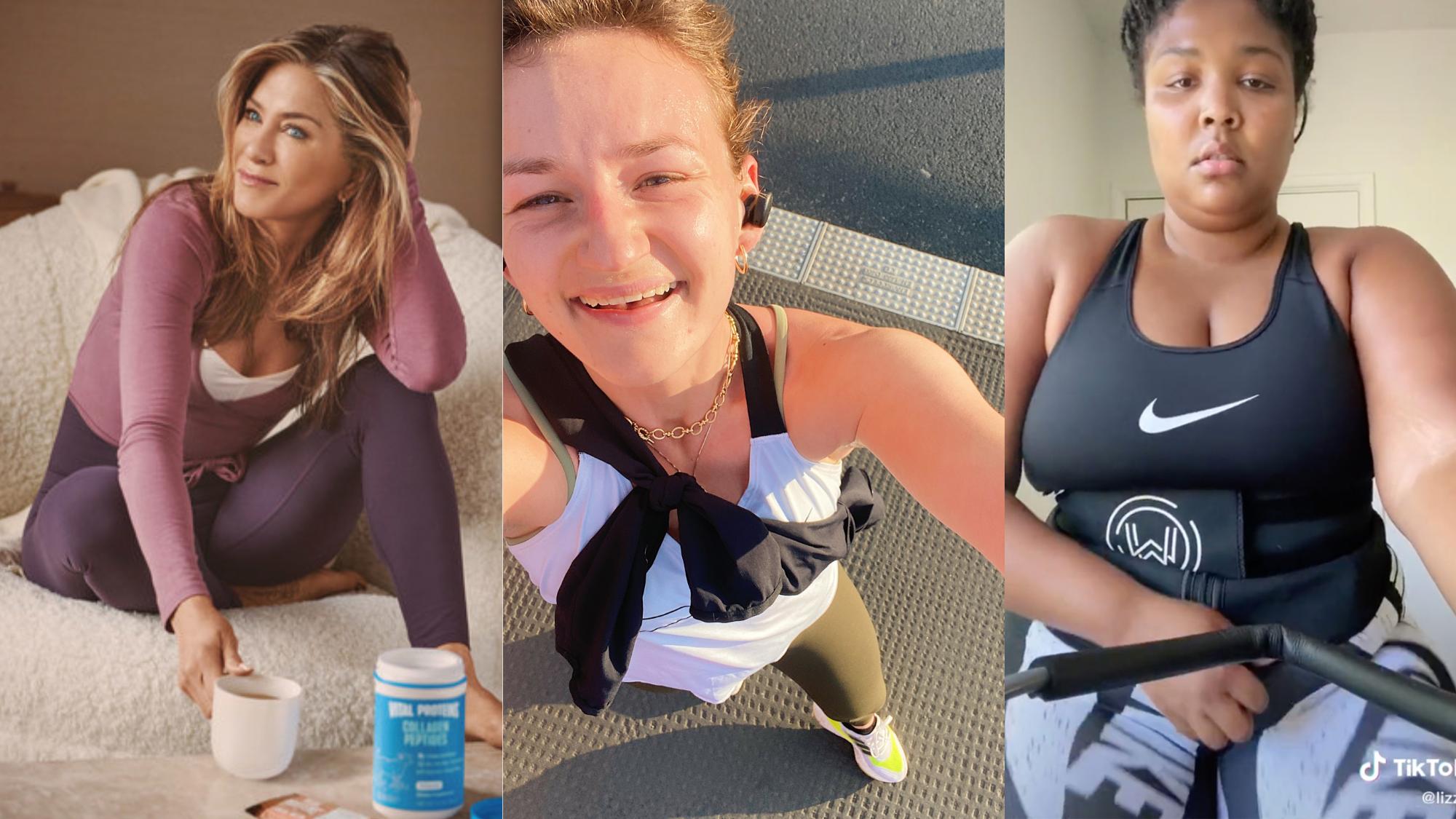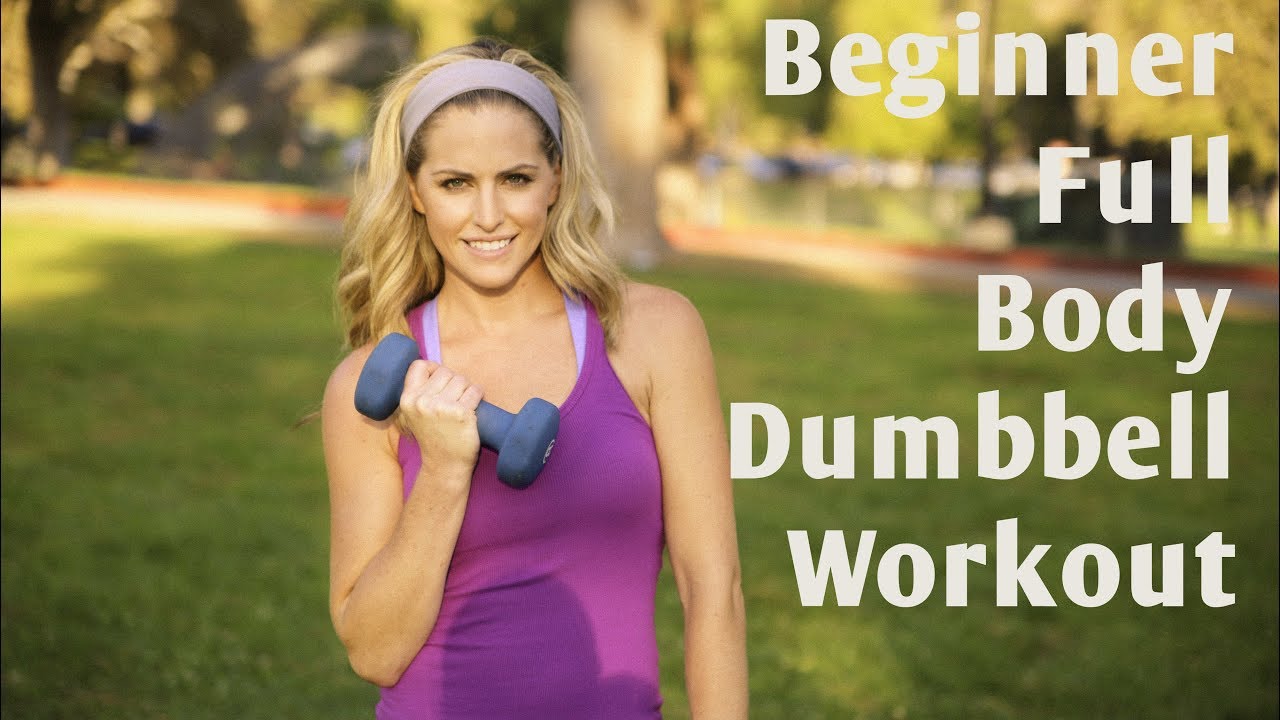
A personal trainer is a great option if you're looking to lose weight and get in shape. Personal trainers can help you set realistic goals as well as create an exercise plan to reach them. Personal trainers also offer nutritional guidance that can help you lose weight and keep it off.
You are in luck if your looking for a quality personal trainer in Buffalo, NY. It is home to several reputable fitness instructors. A personal trainer can be contacted at home.

Ask about the credentials of your personal trainer and how they run their business. Many personal trainers have their own private studio where they offer individual attention to their clients. This will ensure you get the best workout possible. Some gyms offer a one year membership with access to the facility. The cost of a personal training session will vary according to their experience, location, and the size and scope of the facility they use.
A quality personal trainer will be able to show you the way to the best results. Referring to someone you know who has worked well with a trainer is a great way to find out if your personal coach is worth your investment. You can also check with the local chamber of commerce to see if any local groups are sponsoring free or discounted personal training.
You might be surprised to find out that you can actually obtain a personal training certification online. You can get a certification from a number of companies for a very small fee. You can get a certificate for as low $500 as you like, depending on the needs of your business.

Obtaining a personal trainer certificate in Buffalo, NY can be a lot easier than you might think. Although you might need to work hard to secure a job, it is possible to be on your path to your dream job as a personal coach in no time. An online certification process is the fastest way to get certified. An online personal coach can make your goals a reality, whether you're looking for one-on-1 sessions or working remotely. If you are interested in a career as a personal trainer, you should check out these online services to see where you can start. A personal trainer can change your life. It is never too late to get fit! With the help of a qualified trainer you can make an ongoing commitment to your wellbeing and health.
FAQ
How does caffeine affect my sleeping?
Caffeine influences how quickly and how well you fall asleep. Caffeine induces drowsiness which makes it easier to fall asleep. Caffeine keeps you awake for longer periods of time, making it difficult to fall asleep again. If you drink coffee or energy drinks right before bedtime, try drinking them later in the evening instead.
Why is it so important to get enough sleep?
A healthy lifestyle requires sleep. Your body can heal itself and recover from daily stressors by sleeping. You can function at your best throughout the day if you get enough sleep each night.
Is exercise good for me?
Yes. Regular exercise will help you to lose weight by burning extra calories. Exercising can increase your metabolism so that you can burn calories even when you're not working out.
Is it safe for me to exercise in cold temperatures?
When possible, exercise outdoors. It's not just the air temperature that determines whether outdoor exercise is safe. Also, visibility, wind speed and humidity all play a significant role. Layers of clothing will protect you from rain and wind chill if you exercise outdoors in inclement climates.
What should I do if I'm working out?
Drinking alcohol is high in calories so it's best to not consume too much while working out. Moderate alcohol consumption (one drink per week) can help increase endurance during training. It can also help reduce fatigue and muscle pains caused by intense exercise.
How many hours of sleep should I get every night?
The amount of sleep recommended depends on your age, gender, and personal needs. Most adults need between 7 and 9 hours of sleep per night. Children and teens typically need between 7 and 9 hours of sleep each night. However, this number drops as they get older.
Statistics
- An estimated 110,000 deaths per year could be prevented (cdc.gov)
- In high-income countries, 26% of men and 35% of women were insufficiently physically active, as compared to 12% of men and 24% of women in low-income countries. (who.int)
- According to the Centers for Disease Control and Prevention, chronic diseases cause 7 out of 10 deaths in the U.S., and treating chronic diseases accounts for 86% of U.S. healthcare costs. (mana.md)
- Physical activity confers the following maternal and fetal health benefits: a decreased risk of pre-eclampsia, gestational hypertension, gestational diabetes (for example, 30% reduction in risk) (who.int)
External Links
How To
How to Lose Belly Fats More Fast
When trying to lose weight, belly fat is often viewed as a problem. It's actually a good thing, in fact. It's the amount of fat stored around your stomach that protects your organs from getting damaged. Let's learn how to quickly burn belly fat.
Lack of exercise and stress are the main reasons we store body fat. The cortisol hormone stimulates stress which makes us hungry. Cortisol raises insulin levels. The excess calories stored as fat are then stored by insulin. The release of adrenaline from our bodies causes increased appetite. Exercise helps to break down these extra calories.
There are many ways to reduce belly fat. Depending on your budget, you can try each one. These are some great tips to help you lose belly fat fast.
-
Eat less food. Eat smaller meals throughout the day rather than eating three big ones. This will result in fewer calories.
-
Drink plenty of fluids. Water flushes out toxins from your body and keeps you hydrated. Drinking water prior to every meal will ensure that you are satisfied for longer periods of time and won't eat too much.
-
Avoid snack foods that are unhealthy. If you're looking for quick fixes, snack foods like chips, cookies, candies, etc. Although tempting, they can be very unhealthy. But avoid these fattening treats as they contain lots of empty calories and too much sugar. Instead, opt for healthy alternatives such as fruits, vegetables and whole grains.
-
Strength training should be done at least three times per week. Strength training increases muscle mass, which can help you burn more calories while still resting. It also strengthens bones, muscles, ligaments, tendons, the heart, lungs, and joints.
-
Stretching and walking are good habits. Stretching increases flexibility and mobility. It also reduces back pain. Walking can help you burn calories.
-
Reduce alcohol intake. Avoid alcohol.
-
Slowly lose weight. First, determine your current weight. Next, calculate your ideal weight by adding between 5% and 10% to your total body weight. Once you have determined your ideal weight, you can start to reduce your calorie intake by 500-1000 calories per day until you reach it.
-
Avoid processed food. These foods are high in salt, sugar, preservatives, and other harmful ingredients. Processed foods are often very convenient but don't provide enough nutrients to keep you healthy.
-
Don't skip breakfast! Eating breakfast improves concentration, memory, and energy level. Include protein (like eggs) and fiber, like oats, in your breakfast.
-
Have regular bowel movements. Constipation and irregularity cause bloating and gas. Drink plenty of water to prevent gas and fiber ingestion.